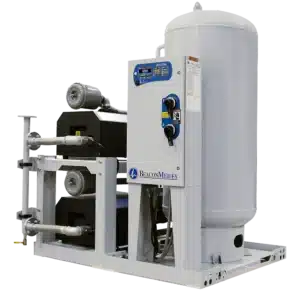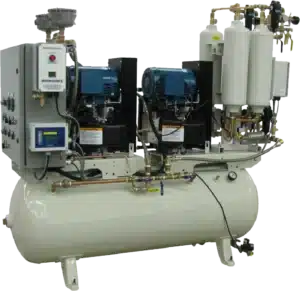The National Institute for Occupational Safety and Health (NIOSH) has issued a warning to the hundreds of thousands of medical, dental, and veterinary professionals who work with nitrous oxide (N2O). The Institute warns that even with preventive measures such as scavenging systems in place these workers may be at risk for serious health effects due to their exposure.
N2O, commonly called laughing gas, is an anesthetic agent used in operating rooms. Workers are exposed to N2O while administering the anesthetic gas to patients. To protect workers from the health risks associated with N2O, operating rooms are often equipped with scavenging systems that vent unused and exhaled gas away from the work area. Recent research shows that these systems can significantly reduce the risk of impaired fertility among female dental assistants exposed to N2O.
However, a recent NIOSH Alert reports that even with scavenging systems in place, Institute researchers measured N2O exposures as high as 12 times the NIOSH recommended limit in hospital operating rooms and more than 40 times the NIOSH recommended limit in dental operating rooms. The report clearly demonstrates that simply using a system is not sufficient–it must be continuously monitored and maintained to effectively reduce exposure to N2O.
Several human studies have shown that occupational exposure to N2O may cause reduced fertility, spontaneous abortions, and neurologic, renal, and liver disease as well as documented decreases in mental performance, audiovisual ability, and manual dexterity. Moreover, animal studies have shown that exposure to N2O during gestation can produce adverse health effects in offspring.



